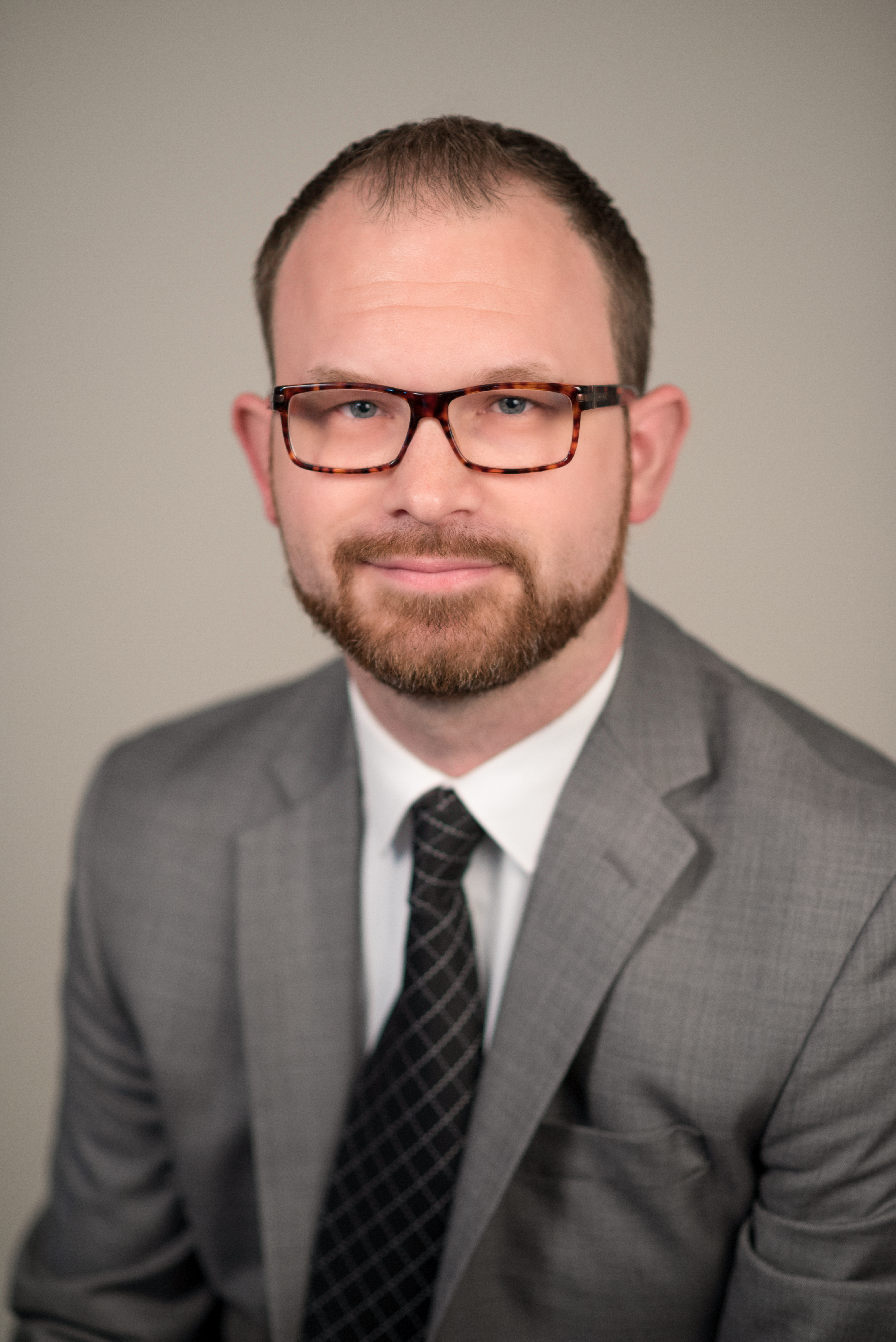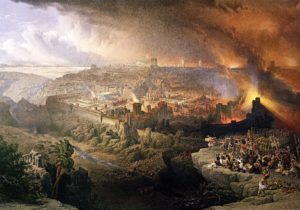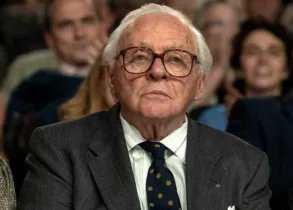The last time I cried was in 2013.
I was finishing a tour of Yad Vashem, the Holocaust museum in Jerusalem, when I came upon a massive room lined with shelves stacked floor to ceiling. Each shelf was crammed with books, and, on reading the placard, I realized that each book was filled with the names of those murdered in Hitler’s death machine. Shelf on shelf, the ghosts towered around me. Not until that moment had I comprehended the meaning of millions. My knees went weak. I wept.
Cambridge historian Herbert Butterfield once wrote that the “sheer grimness of suffering brings men sometimes into a profounder understanding of human destiny.” Writing just four years after World War II, Butterfield knew what he was talking about. For while the Holocaust may have been the greatest catastrophe to ever strike our dismal earth, it was also a gift – an ugly and unspeakable gift – to the wayward race that dwells upon it.
I sometimes talk about the baseline, my made-up word for the average living conditions of most people throughout most of time. No ambulances, firefighters, or police; no heating or air conditioning; no doctors or antibiotics; long days and short nights; corrupt governments; oppression; poverty; bitterness; death – the history of humanity in brief. But things are different now. Everyone reading these words is richer and safer than virtually everyone else who has ever lived. We should be grateful, but watchful.
“Men may live to a great age in days of comparative quietness and peaceful progress, without ever having to come to grips with the universe,” Butterfield wrote in his book Christianity and History, “without ever vividly realizing the problems and the paradoxes with which human history so often confronts us.” The achievements of science have erected “so tremendous a barrier against fire, famine, plague and violence,” and “so vast a system of insurance against the contingencies and accidents of time” that we simply do not understand the world as it is. Each technological breakthrough gives us greater protection from discomfort and death and takes us further away from the baseline. Today a man can go most of his life without ever touching the void.
Shielded from reality, we fall victim to illusions of every kind. Our thinking is impaired because our perception is defective. We cannot see the world, but more importantly, we cannot see ourselves. “Some of us,” Butterfield noted, “have become so accustomed to a humane form of society, which cushions the conflicts between men and mitigates the self-aggression, that we imagine its virtues to spring straight out of nature with no more cultivation than the wildflowers on the bank of a stream.”
The Holocaust matters because it brings us back to the baseline. It reminds us that the world is still broken, that men are still evil, and that barbarism lies just below the surface of every human heart. It tears away the glittering facade of science and art and strips us naked before history. No conceit can stand before the awful judgment-seat of Auschwitz. Like a furnace that blasts away the dross, the Holocaust dispels every silly utopia in the mind of man. It is the vile medicine that a sick world requires.
And if the Christian thinks he can escape the judgment, he cannot. Where did the Holocaust begin but at the very heart of Christian Europe, the pinnacle of the vaunted West! It was there that Protestant and Catholic, lukewarm and devout, worked together to annihilate the very nation who gave them a taste for transcendent truth. At the height of its glory, using every ingenious tool at its disposal, the Christian West devoured its own origins with gusto.
The Holocaust clarifies and chastens. Not long ago it occurred to me that my favorite modern writers were all eyewitnesses to the horrors of World War II: Butterfield, Bonhoeffer, von Hildebrand, Maritain, Malik, and Niebuhr. Each one displayed a lucidity of style, a clearness of mind, that could only come from a brush with the baseline. That all of them dwelled humbly on the meaning of history – and, interestingly, on the role of the Jewish people in that history – bespeaks the lasting impact of those horrors upon their thoughts.
But moments of clarity are fleeting. I cried in 2013 and haven’t cried since. Most days I forget about the six million Jews and millions of others who died in the Holocaust. The truth is that we’re all forgetting – and yet the spirit of the Holocaust still moves in the world. On this day of remembrance, it is worth repeating that every generation must exorcize that spirit afresh, and that the only way to do that is to make the Holocaust my concern. It must be made personal.
May we be wise enough to accept the gift of the Holocaust and unwrap it every day, finding inside that hideous mirror and lifting before our face even when – especially when – it makes us uncomfortable. Those who think the person staring back at them could not possibly commit such a crime should look a bit longer. And even those who never do must prepare to stop those who would.







 Live in the DC area? Sign-up for Providence's in-person events list!
Live in the DC area? Sign-up for Providence's in-person events list!